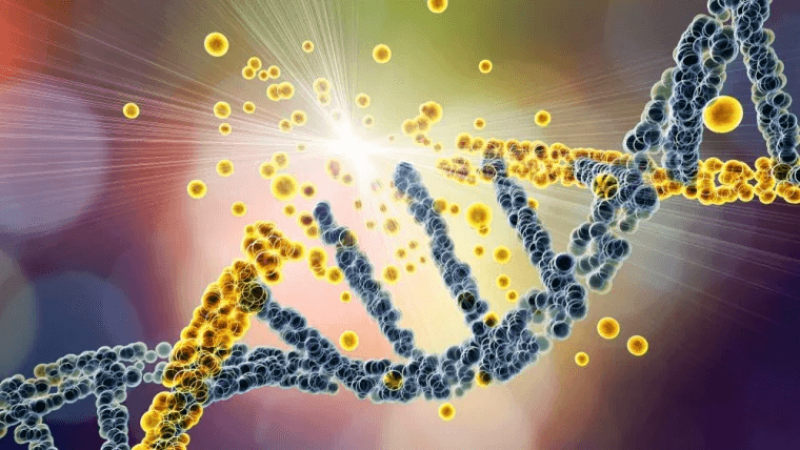It was a groundbreaking development a decade ago: CRISPR gene-editing technology that allows the snipping of DNA to remove undesired sequences or add desired ones. It has since been used to treat a variety of diseases.
But Tel Aviv University researchers are highlighting the risks of CRISPR, which stands for clustered regularly interspaced short palindromic repeats. The scientists examined how the technology affects the immune system’s white blood cells – T cells – and found that some of the patient’s cells had chromosomal truncations – a loss of DNA fragments, a characteristic of cancer.
To examine the technology that presents this risk, the scientists reconstructed the trial conducted at the University of Pennsylvania. They used CRISPR to cut the genome of T cells in exactly the same places where June and his colleagues did: at chromosomes 2, 7 and 14. (Each human cells has 23 pairs of chromosomes.)
They then analyzed thousands of cells and found that up to 10 percent of the chromosomes that were cut did not repair themselves.
…
As Ayal Hendel of Bar-Ilan University near Tel Aviv puts it, “When you get into clinical trials on people, you want to evaluate the accuracy of the genetic editing methods in the best way possible, and the article presents an important new finding.”































